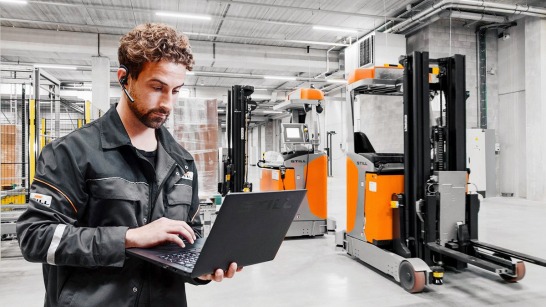Challenging Prejudices about automation
Automation is expensive, only worthwhile for large companies and creates dependencies on certain manufacturers - at least these are the prejudices that persist and that we at KION encounter time and again. Here, two of our biggest automation experts reveal which rumors are true and which are more or less myths.
2024-06-05

_image_546x307.jpg)